Consequences of ACA Repeal for Indian Country
FOR IMMEDIATE RELEASE:
July 16th, 2019
Consequences of ACA Repeal for Indian Country
(BISMARCK, ND) – Last Tuesday, the 5th Circuit Court of Appeals heard arguments regarding the lawsuit supported by Governor Doug Burgum and North Dakota Republicans challenging the constitutionality of the Affordable Care Act. If North Dakota Republicans get their way and the ACA is repealed the consequences for Indian Country are unique.
In 1976, President Gerald Ford signed the Indian Health Care Improvement Act (IHCIA) into law. The provisions authorized the Indian Health Service to bill Medicare and Medicaid for services rendered to qualifying beneficiaries. The law had an expiration date. Congress did not renew the bill despite repeated attempts. The IHCIA was made permanent when President Obama signed the Affordable Care Act into law on March 23, 2010.
The ACA had substantial benefits for Indian Country. The law improved funding channels for Indian health facilities. It instated a requirement for Indian health organizations to be the payer of last resort for medical costs. The most significant benefit of the ACA was it granted the Indian Health Services (IHS) director more authority and allowed tribes to buy health benefits for IHS beneficiaries; and directed the IHS to establish comprehensive behavioral health, prevention, and treatment programs.
If the ACA lawsuit that North Dakota entered into is successful and the ACA is repealed, it will send the healthcare system in chaos. Would those who purchased insurance or signed up for the expanded Medicaid programs just lose what they have and receive nothing in return? What happens to the Indian Health Care Improvement Act? How will the Indian health system replace money from Medicaid and other sources opened up because of the ACA? Perhaps Doug Burgum has the answer. After all, why would he support a lawsuit that could quite literally have dire consequences for Indian Country?

